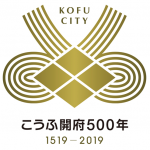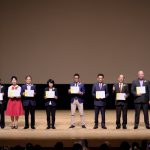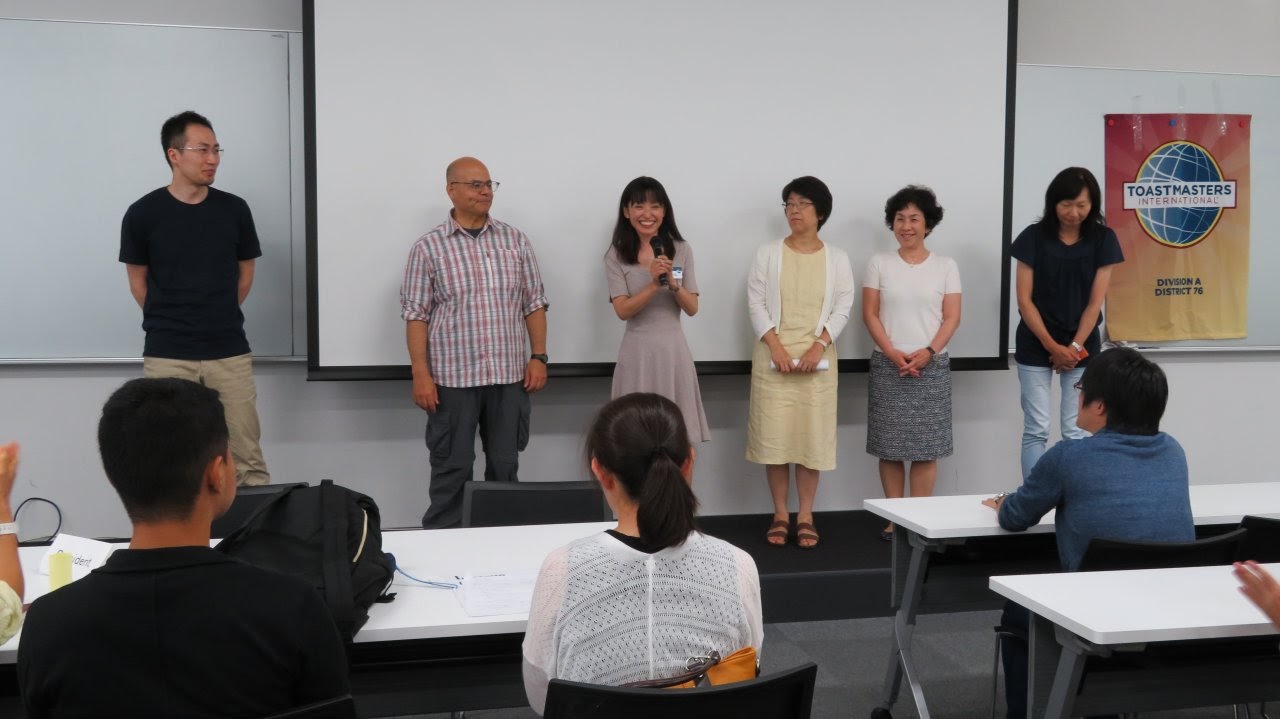Here is a report of the workshop session “Magic of the Mind” / The Gateway to Confidence, held on May 11 in Funabori, Tokyo.
The Gateway to Confidence by Paul Malone
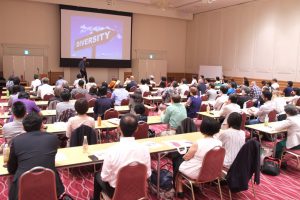 Confidence is the magic ingredient that makes a good speech into something great, but most Toastmasters have experienced times when they feel they lack confidence. Paul Malone’s talk was full of practical information on how to develop confidence. I felt his workshop gave us some great ways to tackle this ever-present problem.
Confidence is the magic ingredient that makes a good speech into something great, but most Toastmasters have experienced times when they feel they lack confidence. Paul Malone’s talk was full of practical information on how to develop confidence. I felt his workshop gave us some great ways to tackle this ever-present problem.
Paul shared his own childhood experience as an example of what happens when people lack confidence. His story illustrated perfectly that the outcome of not having confidence is that you don’t succeed, because you don’t ever try. We need to accept that even when we don’t feel completely ready, we have to take on a challenge. In other words, you don’t have to feel confident before you do something. Confidence is not a lack of fear (speakers always feel nervous), but is trusting yourself that you will overcome the fear.
In his talk, Paul described 4 “Gateways” and a set of tools we can use to turn on our confidence. Paul’s Gateways are maxims that will help you when you take on a challenge. These are:
- You’ll never be ready – just do it!
- Confidence is a muscle: Use it or lose it
- Confident people learn to FAIL UP, which stands for Face despair, Analyze, Identify areas for improvement, Learn from failure, Uncover hidden strength, and Persevere
- Confident people make peace with self-doubt
The tools Paul introduced can be remembered by the acronym GRIT, which stands for Greatest Hits, (remember some past experiences that worked well!)
Remember your reasons why you want to make a speech
Imagine all possible outcomes, even failure, and
Turn tension into excitement
Paul’s workshop was interesting and contained many practical examples. I felt he knew well what it feels like to lack confidence. The fact that he was there on the stage giving a great workshop meant that Paul was good proof that his ideas work!
Magic of the Mind by Dale Rees-Bevan
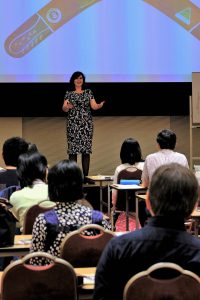 I felt that Dale’s workshop was like watching a magician doing a magic show! She showed us how the brain works to remember information by testing our memory.
I felt that Dale’s workshop was like watching a magician doing a magic show! She showed us how the brain works to remember information by testing our memory.
First, she showed us a long list of vocabulary and then analyzed which information our brains are most likely to remember. She showed that the brain will remember the first piece of information (primacy), the most recent piece of information (recency), and the information that stands out from the rest (in this case, the word ‘hippopotamus’!).
Dale also reminded us that the brain remembers data best if it is asked to retrieve the data soon after filing it. In other words, the act of retrieval is the key to having a good memory. She introduced us to a method of recall developed by an ancient Greek called Simonides. The method is called the ‘memory palace’ method and uses visualization inside the brain to place information. Because the brain finds it easy to remember the places, we can easily retrieve information that we attach to the places we visualize. Practically speaking, Dale advised us to use mind maps of our speeches to help us remember the information. Finally, because emotional memory is stronger, it lasts longer than cognitive memory, so using stories is a powerful way to keep information where we can remember it.
Dale’s workshop was very informative and wide-ranging in scope. I hope I can remember everything she told us about storing information and retrieving it!


